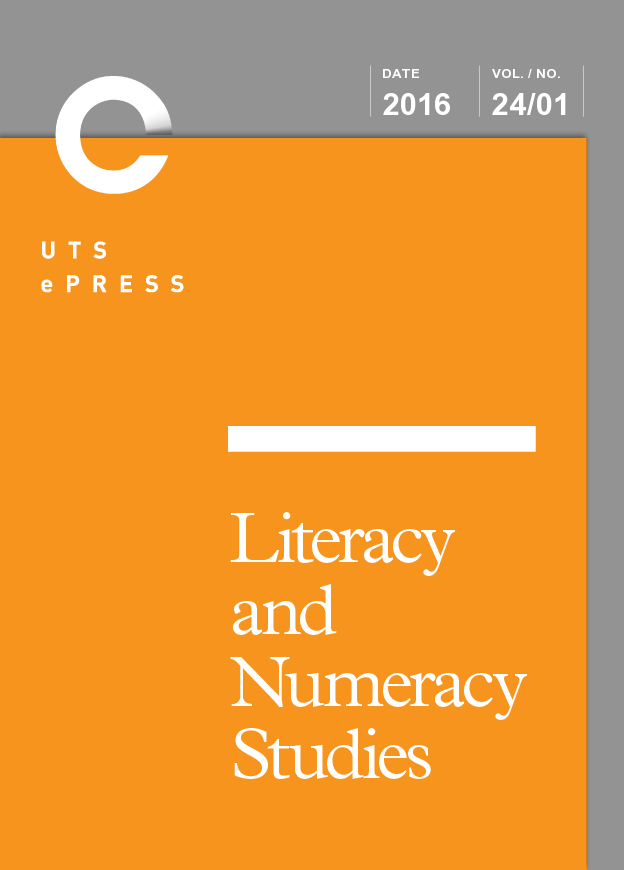Vocational Literacy in Mozambique: Historical Development, Current Challenges and Contradictions
Main Article Content
Abstract
The study analyses the historical development of vocational literacy in basic education and Non-Formal Vocational Education (NFVE) in Mozambique, as well as current challenges and contradictions. The theoretical lens of Cultural-Historical Activity Theory (CHAT) is employed in the study. Methodologically the study was executed through an analysis of oral, printed and e-resources produced by the main stakeholders and also the reflective experiences of the authors in their extensive educational work in the country. The findings reveal poorly developed vocational literacy education in schools and non-formal settings in spite of recurrent political declarations about its importance. There is a strong dependence by formal and particularly NFVE sectors on the technical and financial support provided by international organisations. Vocational literacy courses are characterized by a lack of adequate equipment and poor practice. As a consequence, theoretical or elementary forms of vocational knowledge are dominant in the courses, resulting in the dissatisfaction of both learners and educators. Vocational literacy development proved to be a complex field that faces many challenges and is characterised by diverse internal contradictions.
Article Details
Issue
Section
Authors who publish with this journal agree to the following terms:
a) Authors retain copyright and grant the journal right of first publication with the work simultaneously licensed under a Creative Commons Attribution License that allows others to share and adapt the work with an acknowledgement of the work's authorship and initial publication in this journal.
b) Authors are able to enter into separate, additional contractual arrangements for the non-exclusive distribution of the journal's published version of the work (e.g., post it to an institutional repository or publish it in a book), with an acknowledgement of its initial publication in this journal.
c) Authors are permitted and encouraged to post their work online (e.g., in institutional repositories or on their website) prior to and during the submission process, as it can lead to productive exchanges, as well as earlier and greater citation of published work (See The Open Access Citation Advantage Service). Where authors include such a work in an institutional repository or on their website (ie. a copy of a work which has been published in a UTS ePRESS journal, or a pre-print or post-print version of that work), we request that they include a statement that acknowledges the UTS ePRESS publication including the name of the journal, the volume number and a web-link to the journal item.
d) Authors should be aware that the Creative Commons Attribution (CC-BY) License permits readers to share (copy and redistribute the work in any medium or format) and adapt (remix, transform, and build upon the work) for any purpose, even commercially, provided they also give appropriate credit to the work, provide a link to the license, and indicate if changes were made. They may do these things in any reasonable manner, but not in any way that suggests you or your publisher endorses their use.
